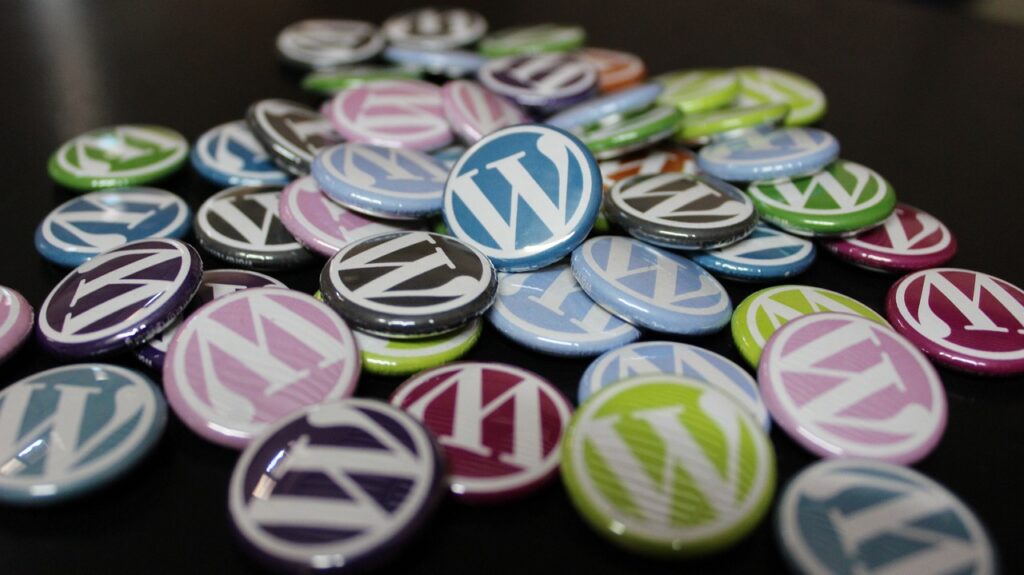WordPress Security: How to Keep Your Site Safe and Secure

WordPress Security: How to Keep Your Site Safe and Secure
WordPress is a popular content management system (CMS) for web development and has been used for countless business sites and blogs. However, since WordPress is one of the most popular platforms, it can be vulnerable to security threats. It’s important to understand the steps that you need to take in order to keep your WordPress site safe and secure.
1. Apply Updates
The biggest and most important WordPress security tip is applying all security updates as soon as they become available. Many security threats and vulnerabilities can be avoided through simple updates. WordPress core updates usually come with new features as well as security fixes, so make sure you keep your site up to date.
One way to make it easier to stay on top of updates is to set up automated updates. This is an excellent way to ensure that your site is always up to date with the latest version of WordPress.
2. Use Strong Passwords
In addition to keeping your WordPress site up to date, you should also ensure you are using secure and unique passwords for every account associated with your site. Having secure passwords is one of the most important aspects of WordPress security, as weak or reused passwords can be easily guessed or hacked.
Strong passwords typically consist of at least 8 characters, with a combination of uppercase and lowercase letters, numbers, and special characters. You should also try to create passwords that are unique and not based on a common word or phrase. You should also consider using a secure password manager to help store and generate passwords for your accounts.
3. Install Security Plugins
WordPress security plugins are used to protect your website from potential threats. Security plugins can be used to monitor your website for malicious code, limit login attempts, and block IP addresses as well as many other useful security measures.
Installing a security plugin is a great way to add an extra layer of security to your website. If you’re running an ecommerce site, you should also consider investing in a premium security plugin, as they usually include additional features that can help protect your site.
4. Limit User Access
If you have multiple users who have access to your WordPress site, it’s important to limit their access. You should only grant users access to the specific areas that are necessary and make sure that you delete any users who are no longer needed. Limiting access will reduce the chances of sensitive information being accessed or changed without your knowledge.
5. Monitor Web Traffic
It’s important to keep an eye on your site’s traffic and watch for any suspicious activity. If you notice unusual spikes in traffic or any attempts to access areas of your site that are not typically accessed, it could be a sign of malicious activity.
Monitoring your web traffic can help you keep tabs on your site’s activity and helps you identify any security threats as quickly as possible.

These are just a few of the steps that you can take to help keep your WordPress site secure. While there are other security measures that you can take, implementing the above five tips will help get you on the right track. With the right safeguards in place, you can rest assured that your WordPress site is secure.